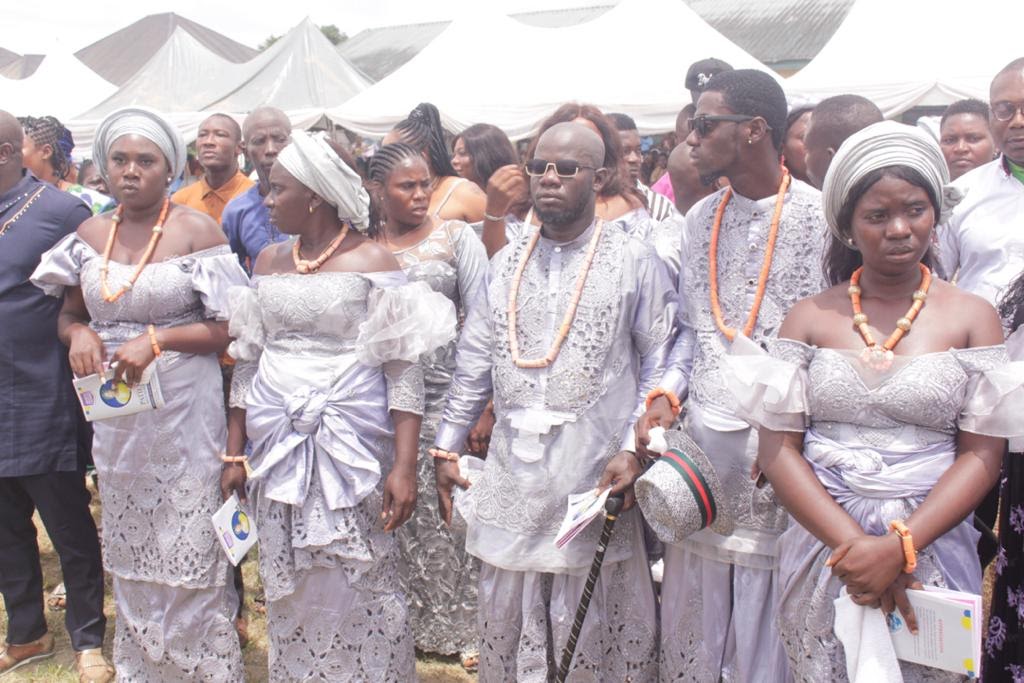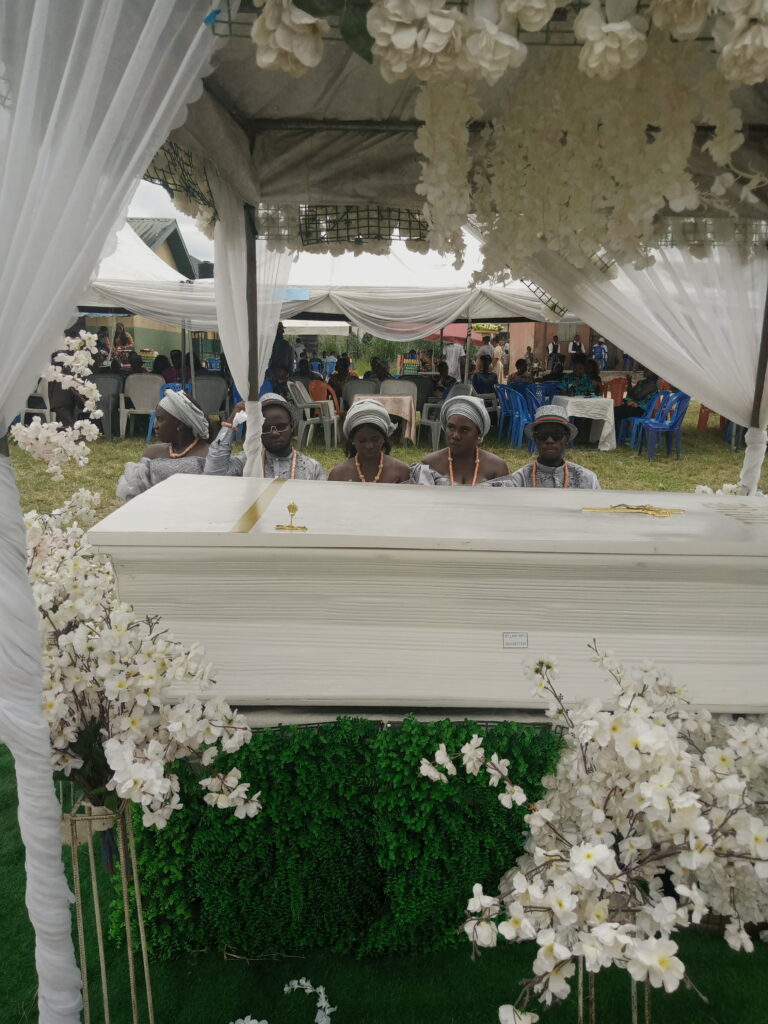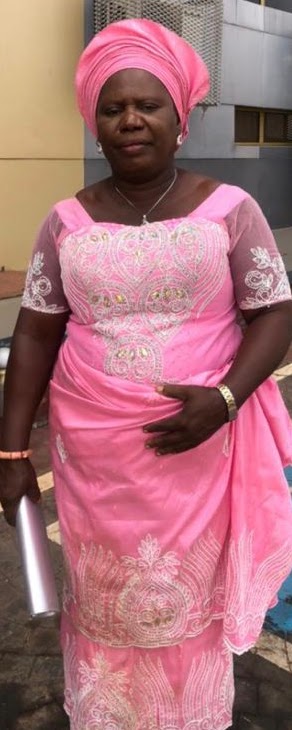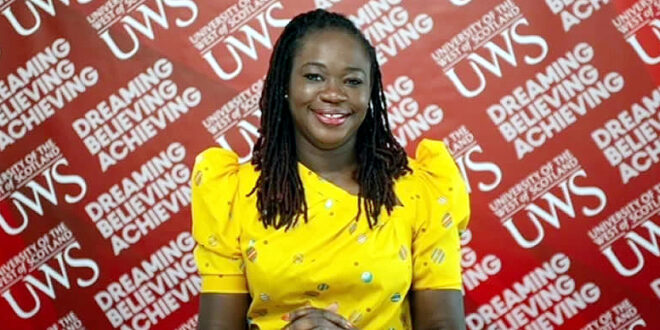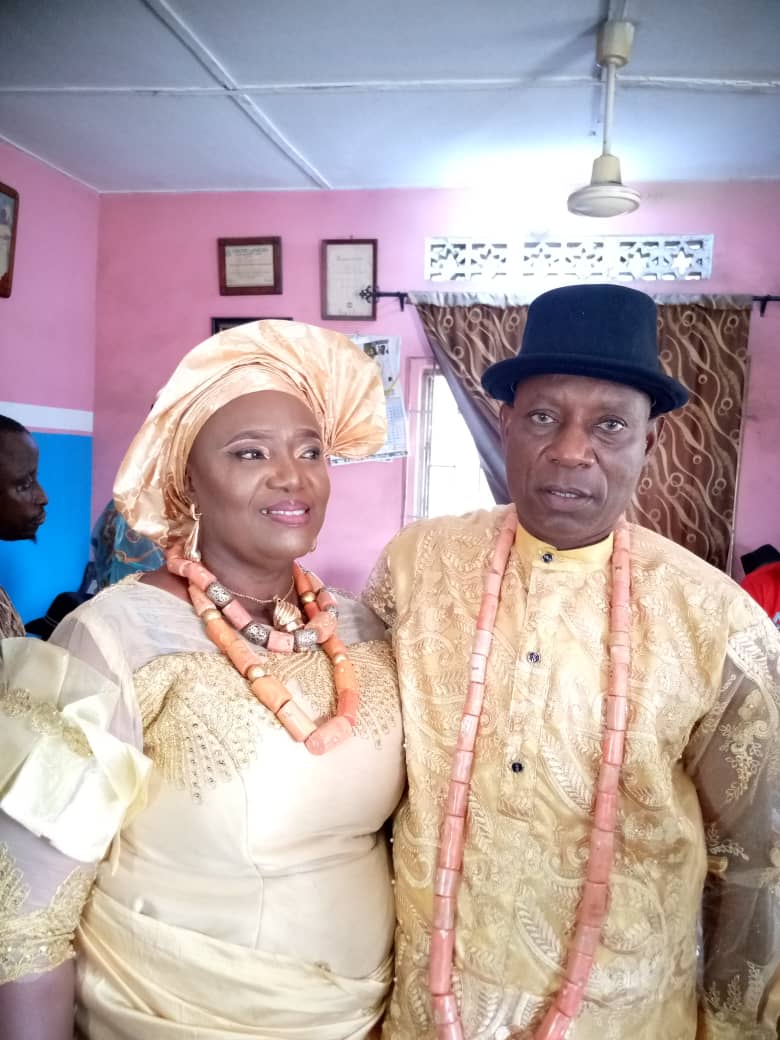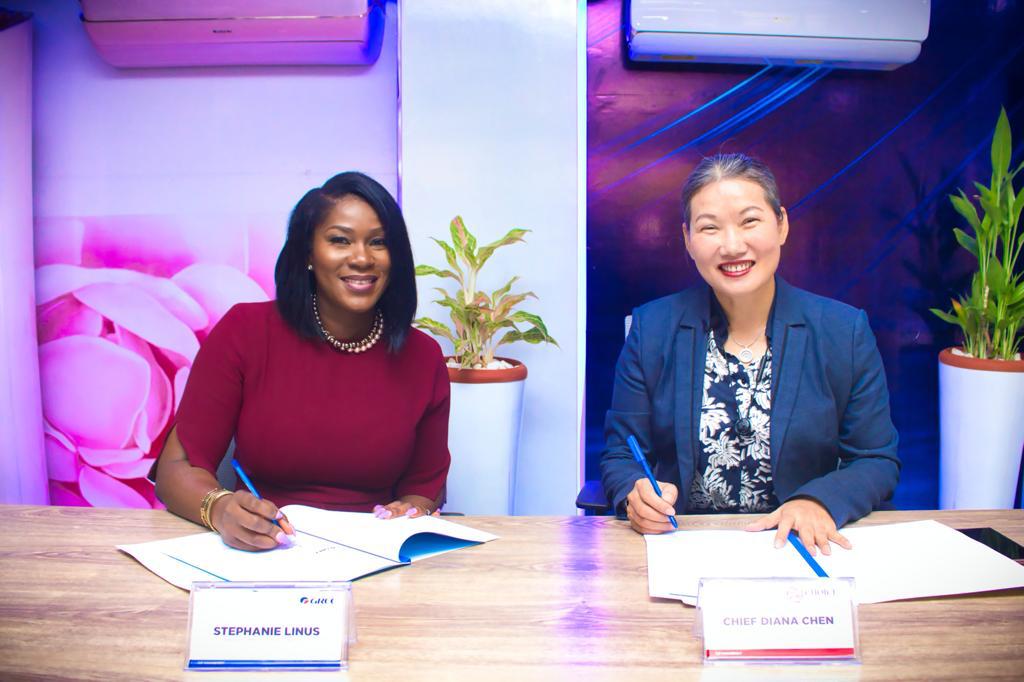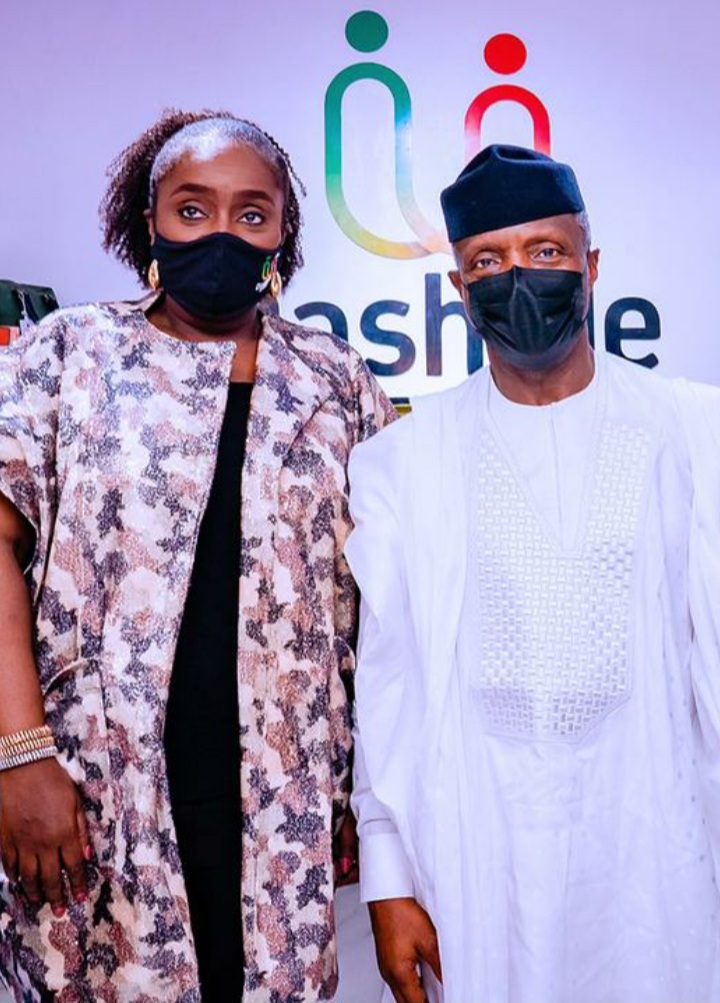Google to invest $1bn in Africa
By admin
Search Engine giant, Google yesterday announced it would inject up to $1billion into the African technology ecosystem.
This is also as it revealed plans to land another submarine broadband cable which will run across Nigeria to other five African countries and connect them to Europe.
The investment money which will be spread over five years is to support Africa’s digital transformation.
The investment focuses on enabling fast, affordable internet access for more Africans; building helpful products; supporting entrepreneurship and small businesses; and helping nonprofits to improve lives across Africa.
Google CEO, Sundar Pitchai announced the new developments at the company’s first Google for Africa event, yesterday.
Pichai, who is also the CEO of Alphabet, said the investment will include the landing of the subsea cable Equiano which will enable faster internet speeds and lower connectivity costs.
He said since 2017, Google has trained six million young Africans and businesses in digital skills. Google has also supported more than 50 nonprofits across Africa with over $16 million of grants, and enabled 100 million more Africans to access internet services for the first time through Android.
Google is building global infrastructure to help bring faster internet to more people and lower connectivity costs. The subsea cable Equiano will run through South Africa, Namibia, Nigeria and St Helena and connect the continent with Europe.
Internet access in Africa is further hampered by the affordability of smartphones. Android has developed a device locking technology as part of the Android platform that will enable partners to offer financed devices. Google has collaborated with Kenya’s largest carrier Safaricom to support the launch of the first “Device Financing” plan in Kenya, and will expand this initiative across Africa with partners like Airtel, MKOPA, MTN, Orange, Transsion Holdings and Vodacom, and more.
These partnerships will help millions of first-time smartphone users gain access to quality, affordable Android smartphones. Plus Codes are a free and open source addressing system to provide addresses for everyone. The government of Gambia has adopted this in providing addresses for residents and businesses across the capital Banjul and are now scaling to the rest of the country.
How the investment fund will be disbursed:
Entrepreneurship and technology. Through a Black Founders Fund, Google will invest in Black-led startups in Africa by providing cash awards and hands-on support. This is in addition to Google’s existing support through the Google for Startups Accelerator Africa, which has helped more than 80 African startups with equity-free finance, working space and access to expert advisors over the last three years. Google also announced the launch of an Africa Investment Fund. Through this fund, the company will invest $50M in startups and provide them with access to Google’s employees, network, and technologies to help them build meaningful products for their communities.
Business support: In collaboration with the non-profit organisation Kiva, Google is providing $10M in low-interest loans to help small businesses and entrepreneurs in Ghana, Kenya, Nigeria and South Africa get through the economic hardship created by COVID-19.
Funding nonprofits. Google.org is expanding its commitment to support nonprofits working to improve lives across Africa, with $40M to help more partners who are responding to challenges they see firsthand in their communities – innovators like the Airqo team at Makerere University, who use AI and sensors to monitor poor air quality, a leading cause of premature death. Google is providing $3M in new grant funding to expand this pioneering work from Kampala across 10 cities in 5 countries on the continent. .
In 2017, Google launched its Grow with Google initiative with a commitment to train 10 million young Africans and small businesses in digital skills. To date, Google has trained over 6 million people across 25 African countries, with over 60% of participants experiencing growth in their career and/or business as a result. Google has also supported more than 50 nonprofits across Africa with over $16million of investment, and enabled hundreds of millions of Africans to access internet services for the first time through Android.
CEO of Google and Alphabet, Sundar Pichai said: “We’ve made huge strides together over the past decade — but there’s more work to do to make the internet accessible, affordable and useful for every African. Today I’m excited to reaffirm our commitment to the continent through an investment of $1b over five years to support Africa’s digital transformation to cover a range of initiatives from improved connectivity to investment in startups.”
In his opening speech, Managing Director for Google in Africa, Nitin Gajria added: “I am so inspired by the innovative African tech startup scene.
In the last year, we have seen more investment rounds into tech startups than ever before. I am of the firm belief that no one is better placed to solve Africa’s biggest problems than Africa’s young developers and startup founders. We look forward to deepening our partnership with, and support for, Africa’s innovators and entrepreneurs.”
Also, Stella Tembisa Ndabeni-Abrahams, Minister of Small Business Development, South Africa said: “I am happy to note that Google has been active in supporting Small to Medium Enterprises, dedicating even more resources to the sector, since the start of the Covid-19 pandemic.
In the last 12 months, Google said it has helped close to 500,000 African businesses get online and reach new customers.”
African cultural treasures: Country Director, Google Nigeria, Juliet Ehimuan said since 2012, the Google Arts & Culture team has partnered with institutions across the continent to preserve and promote their collections, providing a free online platform which anyone around the world can access. The result is hundreds of expertly-curated stories about Africa by Africans


